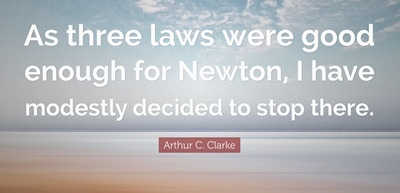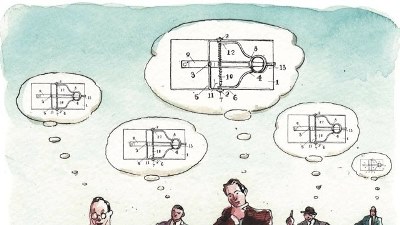Following from our previous post ‘How many Transformations Fail Due to the Lack of Decision‘, in her post ‘Big Gulp Decisions‘ Charlene Li suggests when it comes to the manner of taking the decision to transform, that the right strategy is to ‘burn the boats’.

“Realize also that in the end you’re not going to have all the answers. You will never be 100% certain. […] Once you decide to make this decision be prepared to what one disruptive company calls “burning the boats”. We have to be willing to say we’re making this decision and we’re moving forward and there is no going back. Because if people think that there is an option to go back to what you normally doing before, they will hedge.”
On that perspective, I am not too convinced that it is the right strategy in all cases, because contrary to the Spaniards landing in America with Cortes, organizations nowadays live in an open world – people can decide with their feet to go somewhere else. Therefore, while it is important to ensure commitment to the transformation, the risk of people fleeing is also real.
My recommendation is to instill the transformation at a reduced scale in a specific part of the organization – maybe a specific subsidiary, or even a newly created business, and then let it spread by example and exchange of personnel to the rest of the organization. This also avoids to ‘bet the house’ on the transformation and maintains revenue from the traditional business. This approach may seem less efficient, but it takes into account that something that works will attract people in an open world.











